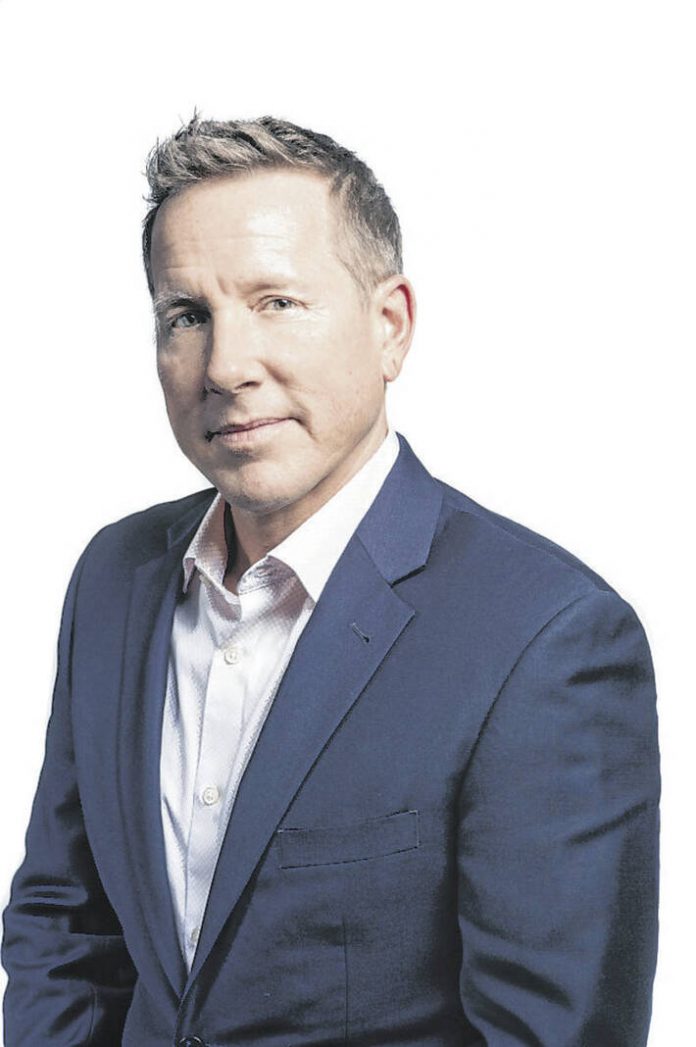What do people want, really want, from social media platforms? I know what many people say they want, but as is often the case with the content on any given platform, people are often unreliable.
Meta’s launch of “Threads” late last week has served as the latest disruption to the world of social media that, if nothing else, is forcing a conversation that can seem complicated but often isn’t.
I am and always have been a true believer in markets. Wherever there can be a market, I hope there is one. When a platform designed to compete with Twitter is launched, it makes me feel like a market exists in the world of social media. If it feels like a market, then it must be one, right?
I enjoy having conversations with people different than me about why they choose any one thing over another. In Bloomington, where I work, there is a Raising Canes and a Dave’s Hot Chicken that have both opened up almost exactly next door to each other on Kirkwood Avenue. I have found that college students are passionate about their chicken, and this is war. I like both places, but I don’t know if both will survive.
If I ask a student why they prefer Canes to say, Chik-Fil-A, they have an answer.
Likewise, if I ask students which social platforms they prefer, they really have answers. They have grown up in this market. If they don’t like the features and protocols of a platform, or the lack of them, they don’t whine like I do, they leave. It’s rarely emotional for my students; if they like it, they will stay, and if they don’t, they won’t.
How refreshing!
So, I tried to think and behave like my students a little with this latest disruption in the social media world. If I just stick to their guidance, I will likely land where I belong.
I used to prefer Facebook to Instagram, primarily because I use Facebook to distribute my writing.
My friends now use Instagram more than Facebook for purely social reasons, and so, I now do too. Facebook has also become less valuable for distributing the content I produce. I don’t think people go to FB to find that content like they once did, so it’s no longer all that valuable to me.
For me, Instagram is better than Tik Tok because Tik Tok is an arm of the Chinese Communist Party, which of course only exists to exploit me, steal from me, and in general, conquer me. Everybody knows that. But not everybody cares.
So, what does this have to do with the real reasons, the deep-seated issues and behaviors that have led to the war between Twitter’s Elon Musk and Meta’s (Facebook’s) Mark Zuckerberg?
Twitter grew in my world as the place where news was most efficiently shared. Its social aspect existed for me because I was there for news and was able to engage with others who were there for the same reason. But slowly during the Trump presidency, the engagement increasingly became an exercise in filtering between what was legitimate, fact-based discussion, and what was nonsensical propaganda.
Musk’s purchase of the platform brought with it his theory that the more “free” or unrestricted the engagement is, the more valuable it will become. Uh, no. The result of that strategy is that Twitter has become a cesspool of conspiracy theorists, accounts with huge followings that churn out more made-up, nonfactual and largely right-wing drivel than the average person can tolerate. I think we can assess Musk’s “freedom” idea as a failure.
Every platform will need to regulate its content to be responsive to its market somehow. The free-for-all atmosphere, coupled with Musk’s well-documented, catastrophic mismanagement of the company he overpaid for, has driven the platform’s value to nearly zero for me. The right wing can have it.
Is Zuckerberg a genius for rolling out a product that tries to look like and act like what Twitter once was? Not at all. But it is easy to compete in this space if you can launch a platform on a Thursday and have 100 million users by Monday.
I like Threads. For now, anyway. But now I have, sort of, grown up in the social media world like my students have. Once I can no longer rely on a platform for what I want it to do, I’m gone.
Michael Leppert is an author, educator and a communication consultant in Indianapolis. He writes about government, politics and culture at MichaelLeppert.com. This commentary was previously published at indianacapitalchronicle.com. Send comments to [email protected].





